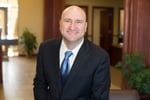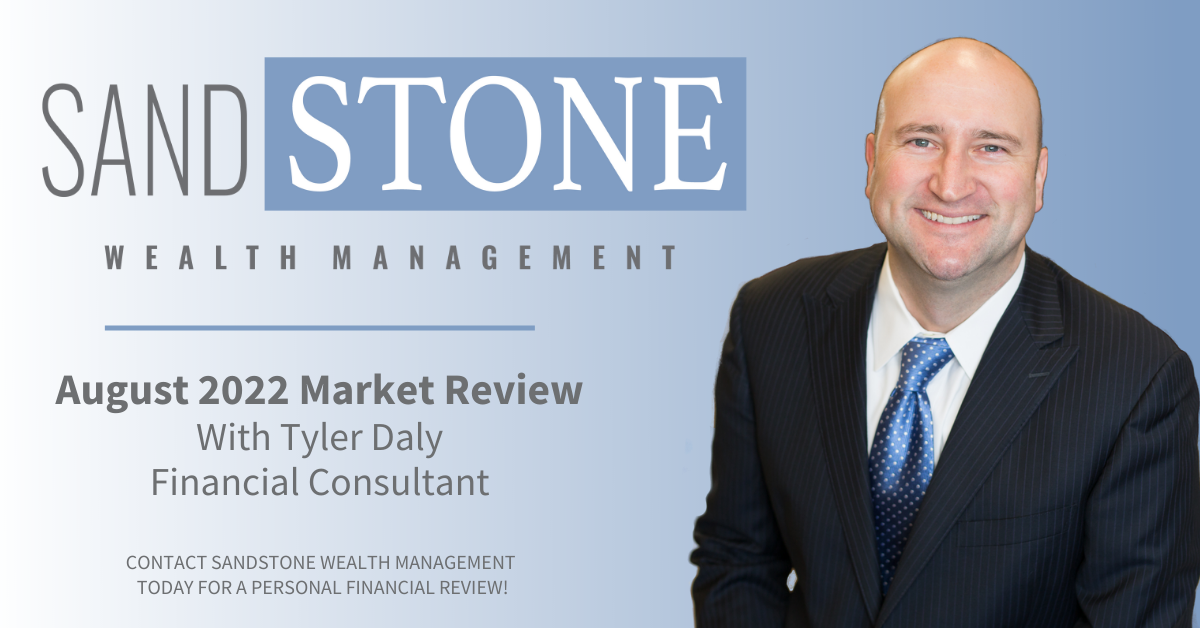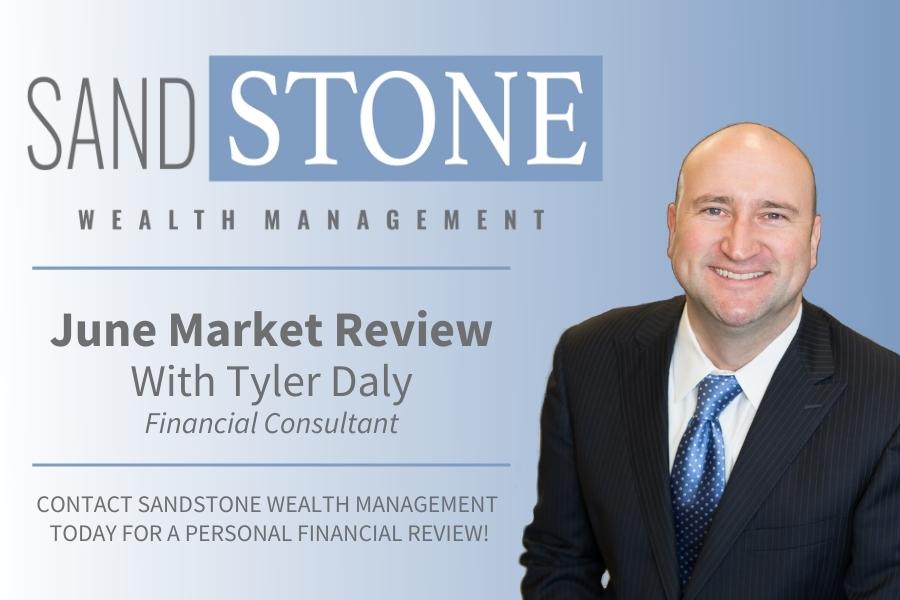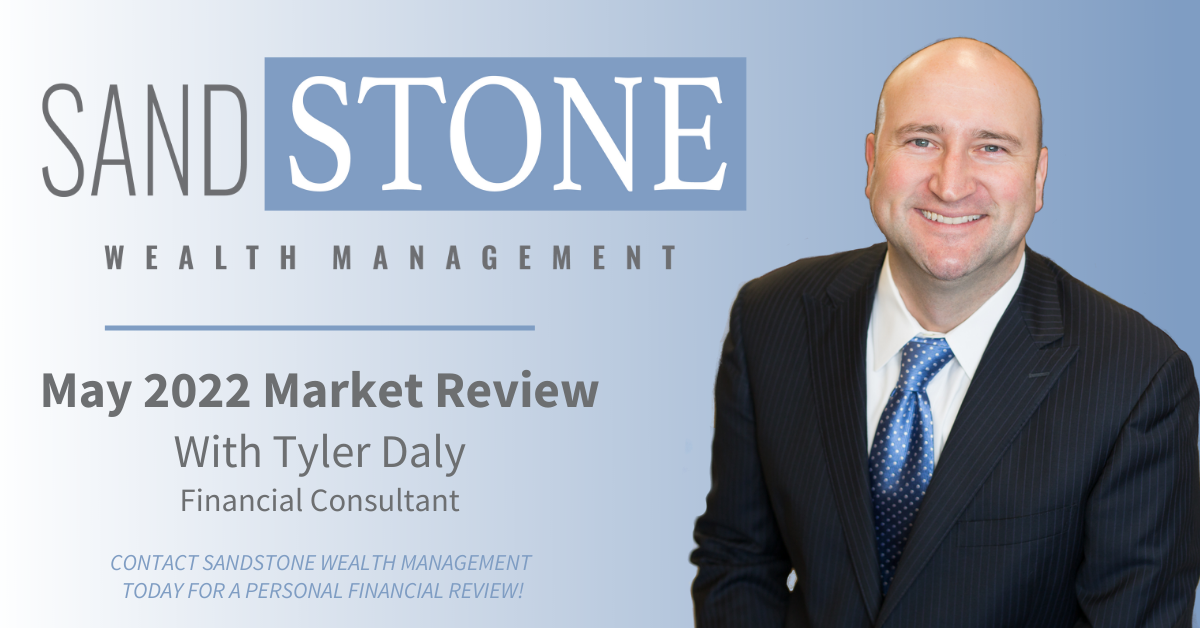 Investors, and the markets, are in a holding pattern, seemingly waiting for the results of the election. The three major domestic equity indexes ended October in the red and haven’t gained a lot of momentum after the highs reached in August. Real Gross Domestic Product (GDP) rose at a 2.9% annual rate in the advance estimate for the third quarter, boosted by faster inventory growth and a narrower trade deficit. However, growth in underlying private-sector domestic demand, at a 1.6% pace, was slower than in recent quarters (+2.3% over the four quarters ending 2Q16). Monthly figures suggest some loss of momentum heading into the fourth quarter, but the economy still appears to be expanding at a moderate pace.
Investors, and the markets, are in a holding pattern, seemingly waiting for the results of the election. The three major domestic equity indexes ended October in the red and haven’t gained a lot of momentum after the highs reached in August. Real Gross Domestic Product (GDP) rose at a 2.9% annual rate in the advance estimate for the third quarter, boosted by faster inventory growth and a narrower trade deficit. However, growth in underlying private-sector domestic demand, at a 1.6% pace, was slower than in recent quarters (+2.3% over the four quarters ending 2Q16). Monthly figures suggest some loss of momentum heading into the fourth quarter, but the economy still appears to be expanding at a moderate pace.
As we get closer to the presidential election, investors are seeking clarity on issues that affect domestic and global economies. While stocks and politics have had a varied relationship with each campaign cycle, we would encourage long-term investors to remain focused on their objectives instead of short-term news.
| 10/31/16 Close | 9/30/16 Close | Change | Gain/Loss | |
|---|---|---|---|---|
| DJIA | 18,142.42 | 18,308.15 | -165.73 | -0.91% |
| NADSAQ | 5,189.14 | 5,132.00 | -122.86 | -2.31% |
| S&P 500 | 2,126.16 | 2,168.27 | -42.11 | -1.94% |
| MSCI EAFE | 1,665.12 | 1,701.69 | -36.07 | -2.12% |
*Performance reflects price returns as of 4:15 p.m. EDT on October 31, 2016.
Below are additional thoughts on the factors that are influencing the domestic and global markets.
Economy
- While the election has generated some uncertainty for investors, the economic data point to a moderate pace of growth over the next several months.
- Internal pressure to raise short-term interest rates has been building at the Fed. In mid-September, nine of the 12 Federal Reserve district banks had requested that the Board of Governors increase the discount rate (the rate the Fed charges banks for short-term borrowing), but the governors denied that request.
- The Fed is generally expected to raise rates at the mid-December meeting. However, most Fed officials anticipate only two rate increases over the course of 2017.
- Job growth has slowed in 2016, reflecting tighter job market conditions. Labor force participation has been trending higher, helping to keep the unemployment rate roughly steady.
- The Consumer Price Index rose 1.5% over the 12 months ending in September. In January, Social Security beneficiaries will receive a 0.3% cost-of-living adjustment.
- Manufacturing activity has remained mixed, but generally soft, reflecting global demand and a weak pace of capital spending.
Equity Markets
- With the expectation of an interest rate hike in December, yield-sensitive sectors have headed lower as rates inched higher, explained Chief Investment Strategist Jeff Saut.
- 68% of companies reporting earnings have beaten their estimates for the third quarter.
Fixed Income
- There is a general sense that things will remain static in the fixed income markets until the election determines whether the markets remain “status quo” or whether fiscal policy changes will be put into play, according to Doug Drabik, senior fixed income analyst for Raymond James. Yields have recently inched up but are still lower than at the beginning of the year.
Global
-
British Prime Minister Theresa May has announced that Brexit negotiations to start in earnest at the end of March.
- European economic data remains patchy and indices variable, albeit in a fairly narrow range, according to Chris Bailey, European strategist for Raymond James Euro Equities*. Currencies across Europe have fallen to new recent lows against the dollar as this uncertainty persists.
- The International Monetary Fund (IMF) revised its global growth outlook slightly lower for 2016 and 2017 to 3.1% and 3.5%, respectively.
*An affiliate of Raymond James & Associates and Raymond James Financial Services.
Bottom Line
- The U.S. economy is showing modest growth, but a soft global economy and election uncertainty continue to act as headwinds.
- The end of the year is a good time to revisit your tax-planning strategy and how to best position your portfolio for 2017 and beyond.
- During times of volatility, raise some cash to take advantage of new investment opportunities, suggests Saut.
As always, we will continue to monitor the economy and the markets, and share the most relevant information with you.
Please note that our offices will be closed Friday, November 11, in honor of Veterans Day. We salute the military families who sacrifice for our freedoms and remain grateful for their service to this country.
Also, our offices will be closed Thursday, November 24, for Thanksgiving. We hope you and your family get to enjoy the holiday together.
Tyler Daly
Financial Advisor
Raymond James Financial Services, Inc.
*Investing involves risk, and investors may incur a profit or a loss. Past performance is not an indication of future results and there is no assurance that any of the forecasts mentioned will occur. Investors cannot invest directly in an index. The Dow Jones Industrial Average is an unmanaged index of 30 widely held stocks. The NASDAQ Composite Index is an unmanaged index of all common stocks listed on the NASDAQ National Stock Market. The S&P 500 is an unmanaged index of 500 widely held stocks. The MSCI EAFE (Europe, Australia, Far East) index is an unmanaged index that is generally considered representative of the international stock market. International investing involves additional risks such as currency fluctuations, differing financial accounting standards, and possible political and economic instability. These risks are greater in emerging markets. The performance noted does not include fees or charges, which would reduce an investor's returns.
©2016 Raymond James Financial Services, Inc., member FINRA/SIPC. Securities offered through Raymond James Financial Services, Inc., member FINRA/SIPC, and are not insured by any financial institution insurance, the FDIC/NCUA or any other government agency, are not deposits or obligations of the financial institution, are not guaranteed by the financial institution, and are subject to risks, including the possible loss of principal. Raymond James is not affiliated with the financial institution or the investment center.

Tyler has been in the financial services industry since 2004 and with Sandstone Wealth Management and Heartland Bank since 2009. He is Series 7, 66 and Insurance licensed to assist his clients with all their investing, financial planning, and insurance needs. Tyler was recently named to the Forbes List of America's Top Next-Generation Wealth Advisor, which recognizes advisors from national, regional, and independent firms. Tyler graduated from the University of Nebraska-Lincoln with a Bachelor’s Degree in Diversified Agriculture and was born and raised in the Nebraska Sandhills. This gives him an intimate knowledge and understanding of his farming and ranching clients. Tyler is married to Rachel, who earned her Doctorate of Pharmacy from the University of Nebraska. They have two children, Camilla and Cooper. Away from business, he enjoys officiating high school basketball in the winter as well as golfing and team roping in the summer.


.png)

.jpg)

.jpg)

.png)




